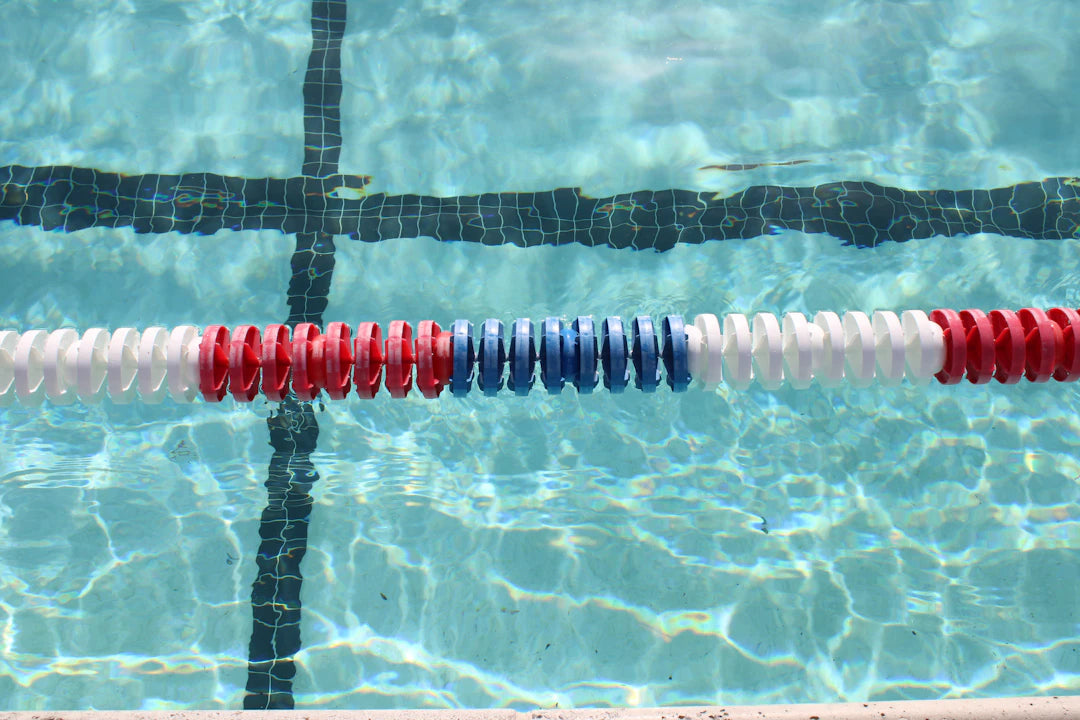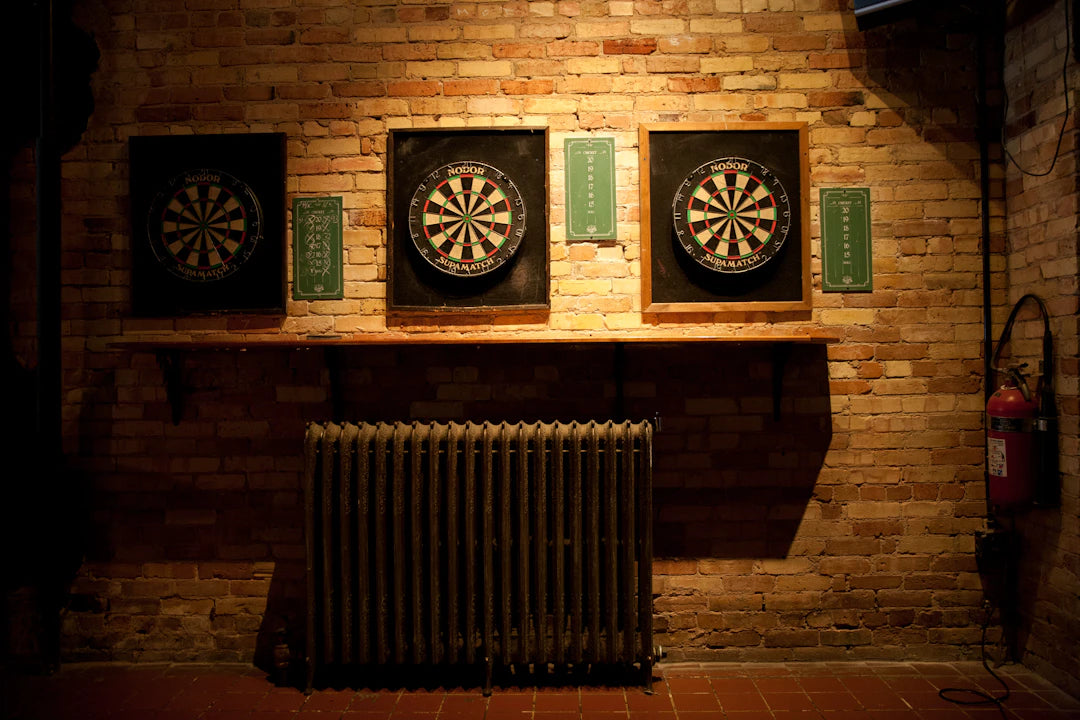Overview
TL;DR: This guide compares swim spas and traditional pools, highlighting their differences in size, cost, maintenance, health benefits, and long-term value. Swim spas are compact, lower in initial investment, and require less maintenance, making them ideal for limited spaces and fitness-focused individuals. Traditional pools offer more space for leisure and social activities but come with higher costs and maintenance demands. Choose based on your space, budget, and lifestyle needs.
Frequently Asked Questions
1. What is a swim spa?
2. How does a traditional pool differ from a swim spa?
3. What are the maintenance differences between swim spas and traditional pools?
4. Which option offers more health benefits, swim spas or traditional pools?
5. Which option is better for limited space, swim spas or traditional pools?
When considering the addition of water features to your backyard, the debate between swim spas and traditional pools often arises. Both options have their unique benefits and drawbacks, and the decision can be overwhelmingly complex. In this comprehensive guide, we will explore the differences, advantages, and disadvantages of swim spas and traditional pools to help you make an informed choice for your lifestyle, needs, and budget.
The Basics: Understanding Swim Spas and Traditional Pools
Before diving into a detailed comparison, let's clarify what swim spas and traditional pools are.
What Is a Swim Spa?
A swim spa combines the benefits of a hot tub and a swimming pool. It is typically smaller than a traditional pool yet larger than a standard hot tub, providing enough space for exercise, relaxation, and hydrotherapy. Swim spas use powerful jets to create a current that allows users to swim in place. They are often heated, making them a versatile option for all-year-round enjoyment.
What Is a Traditional Pool?
Traditional swimming pools come in various shapes and sizes, typically constructed from materials like concrete, fiberglass, or vinyl. Unlike swim spas, traditional pools are usually designed for leisure, relaxation, and recreation, offering ample space for swimming and socializing with family and friends.
Comparing Size and Space Requirements
One of the primary considerations when deciding between a swim spa and a traditional pool is the space available in your yard.
Size of the Swim Spa
Swim spas are generally more compact than traditional pools, measuring anywhere from 12 to 20 feet in length. This makes them an excellent choice for properties with limited space. Their relatively small footprint allows homeowners to maintain a more open yard, while still enjoying the benefits of swimming and hydrotherapy.
Size of Traditional Pools
Traditional pools require significantly more space, often ranging from 20 feet to over 40 feet in length. This larger size accommodates more swimmers and offers ample space for activities such as pool parties, games, and lounging. However, potential buyers must evaluate the entire landscape, including landscaping and other outdoor amenities, to accommodate the larger size.
Cost Analysis: Swim Spas vs. Traditional Pools
Another crucial factor in your decision-making process is the cost involved in purchasing and maintaining these water features.
Initial Investment in Swim Spas
Swim spas generally come with a lower initial price point compared to traditional pools. While costs can vary based on features and materials, swim spas typically fall within a range that most medium to high-budget homeowners can afford. Additionally, the lower installation costs and quicker setup time are significant advantages, especially for homeowners looking to enjoy their investment without extensive construction delays.
Initial Investment in Traditional Pools
Traditional pools, on the other hand, demand a more substantial upfront investment. The costs can escalate quickly due to excavation, materials such as concrete or fiberglass, and landscaping. Depending on your desired features (like waterfalls, diving boards, or lighting), the price can rise even further. Remember to factor in ongoing expenses like pool maintenance, cleaning services, and chemicals, which can also add to your overall costs.
Maintenance Challenges: What to Expect
Maintenance is a critical aspect that can impact your enjoyment of both a swim spa and a traditional pool.
Swim Spa Maintenance
Swim spas offer relatively easy maintenance compared to traditional pools. Thanks to their smaller water volume, water changes are required less frequently, and the heating system can operate more efficiently. Swim spas often come with built-in filtration systems, and regular routine maintenance can be completed quickly. This convenience allows users to focus more on leisure and less on upkeep.
Traditional Pool Maintenance
Maintaining a traditional pool can be more labor-intensive and time-consuming. You'll need to regularly check and balance chemical levels, vacuum the pool, and maintain the filtration system. Additionally, debris such as leaves and dirt may require frequent skimming. Although hiring a professional maintenance service can alleviate some of this burden, it does add to the cost factor.
Health and Fitness Benefits
When it comes to the health benefits associated with swimming and hydrotherapy, both options have some strong advantages, but they serve different purposes.
Health Benefits of Swim Spas
Swim spas provide an excellent area for exercise and physical therapy. The ability to swim against a current allows users to engage in a solid workout without the need for long-distance swimming. Hydrotherapy jets can also relieve muscle tension and provide therapeutic benefits for recovery and relaxation. The warm water and ergonomically designed seats promote relaxation, making swim spas a powerful tool for overall well-being.
Health Benefits of Traditional Pools
A traditional pool is great for leisure, socializing, and family fun, allowing for activities that can lead to healthy interactions and enjoyment. Swimming in a traditional pool can help improve cardiovascular health and build endurance. Moreover, the vast area allows for diverse activities, from leisurely swimming to pool games that can engage people of all ages and fitness levels.
Long-Term Value: Which Offers More?
The long-term value of a swim spa versus a traditional pool can significantly influence your decision. Both options can enhance your home and lifestyle, but the factors differ.
Investment in Swim Spas
Swim spas usually hold their value well. Their unique versatility appeals to potential buyers in the real estate market, and their smaller footprint means they can fit into various outdoor designs. The relatively low upfront and ongoing maintenance costs can also make them an attractive option for long-term investment.
Investment in Traditional Pools
Traditional pools might offer more value in terms of leisure and entertainment, particularly if you have a large family or enjoy hosting social gatherings. Large pools can significantly enhance the aesthetic of your outdoor environment and can be a selling point for future home buyers. However, it's essential to factor in the ongoing upkeep costs when assessing their long-term value.
Final Thoughts: Which Is Right for You?
Choosing between a swim spa and a traditional pool depends on several factors, including your available space, lifestyle preferences, budget, and commitment to maintenance. Here’s a quick summary to help you weigh your options:
- Space Constraints: If space is limited, a swim spa is a fantastic option.
- Budget Considerations: Swim spas offer a lower initial investment.
- Maintenance Preferences: Swim spas require less maintenance and upkeep.
- Fitness Goals: Swim spas are great for exercise; traditional pools are ideal for family entertainment.
- Long-Term Value: Both can enhance property value but in different ways.
Ultimately, the right choice will align with your lifestyle, fitness goals, and property specifications. By evaluating your needs and preferences, you’ll be better equipped to decide which option will bring you joy and satisfaction for years to come. Remember, whether you opt for a swim spa or a traditional pool, making a commitment to enhancing your outdoor space can lead to countless memorable moments with family and friends!



